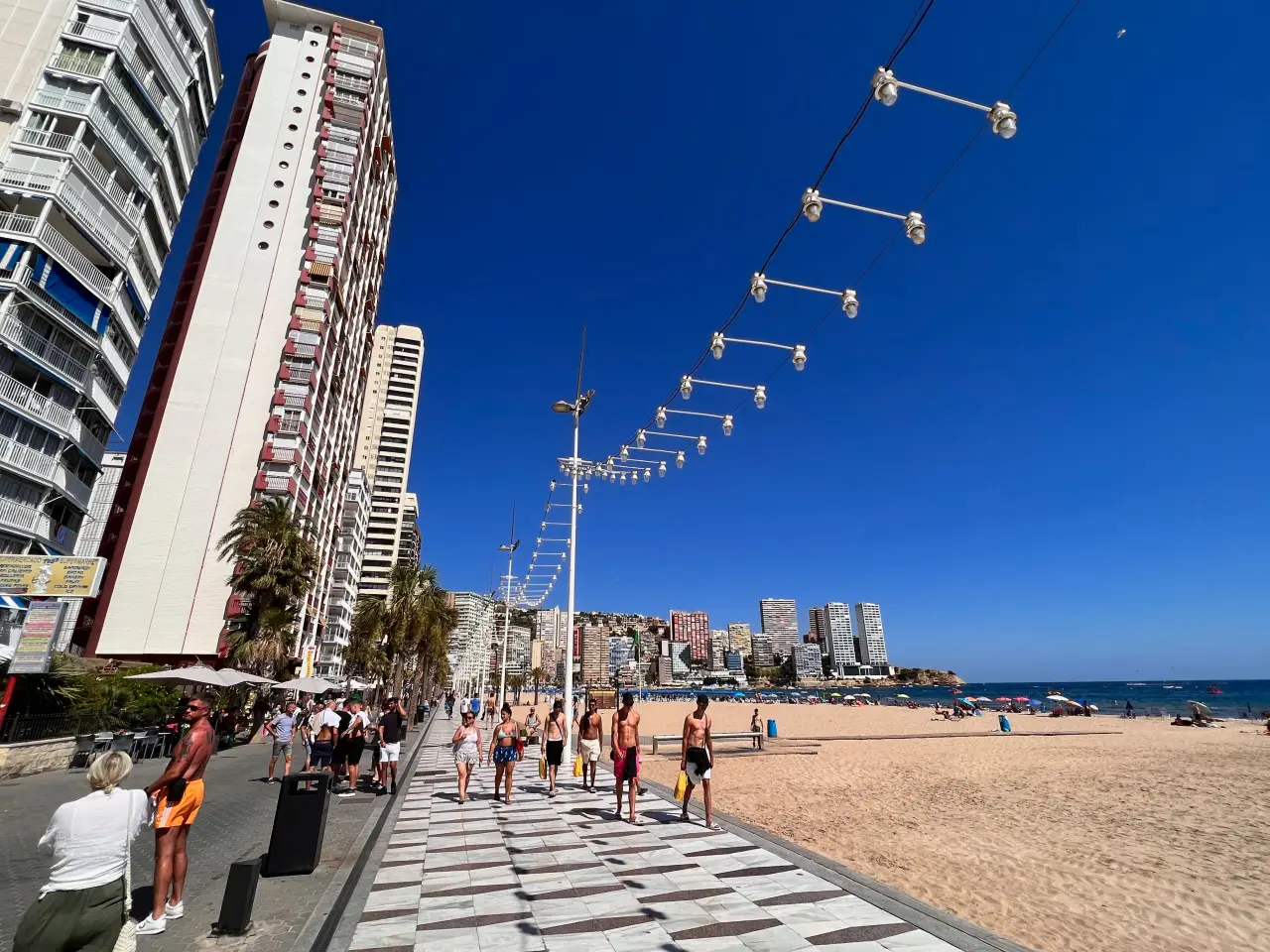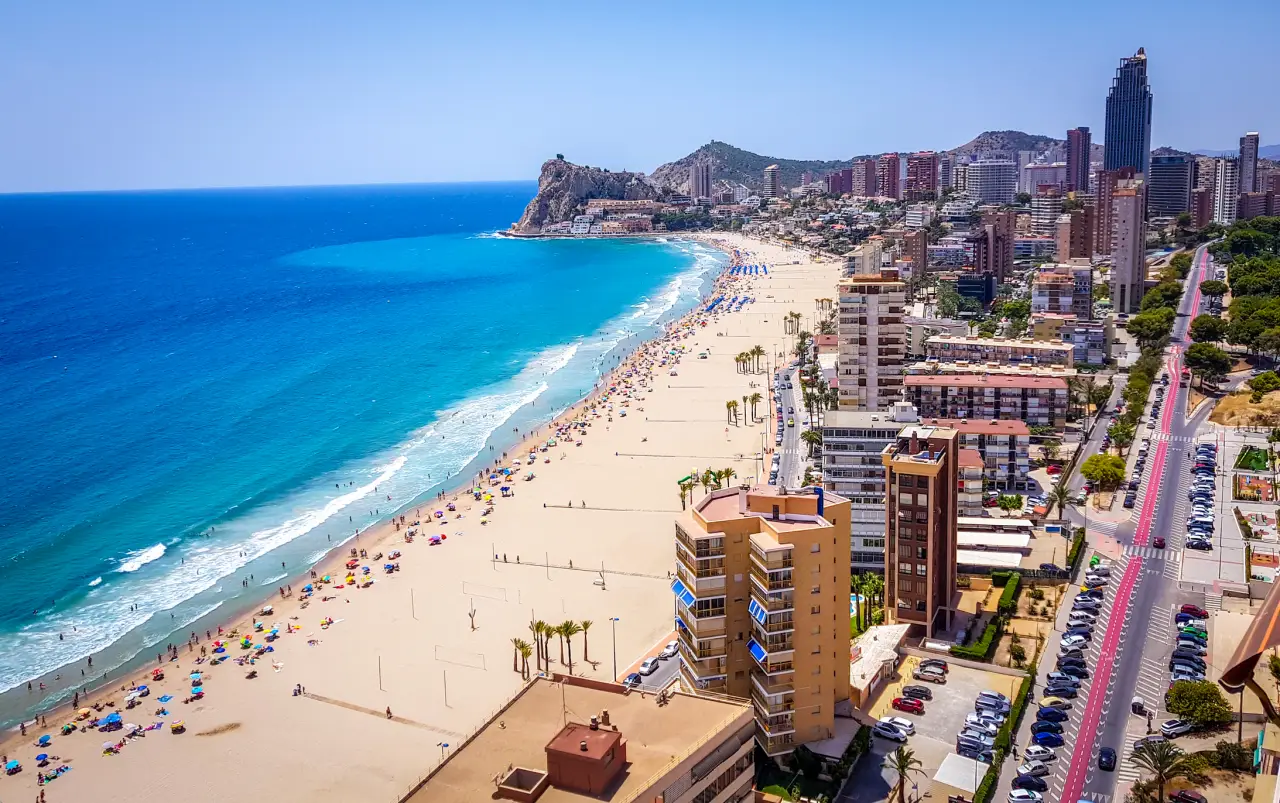For many tourists, Spain is the picture of paradise: sun-soaked beaches, sangria at sunset, and cobblestone streets that seem plucked from a dream. But this summer, those daydreams could come with a dose of reality—especially for travelers caught off guard by a growing list of hidden rules that could cost them hundreds or even thousands of euros.
From strict beachwear rules to unexpected alcohol limits, popular destinations across Spain—including the Balearic and Canary Islands, Barcelona, and Málaga—are stepping up enforcement of long-standing but little-known laws. And as peak travel season ramps up, foreign visitors are being warned: ignorance is no excuse.
Tourist behavior in the spotlight
In response to rising tourist numbers and recent protests against overtourism, local authorities have tightened restrictions and launched new awareness campaigns. But many of these rules still fly under the radar for international visitors.
“It’s not about punishing tourists,” said a spokesperson for Palma’s city council. “It’s about protecting the local way of life and public spaces.”
Drinking in public? You could face a €3,000 fine
Perhaps the most surprising regulation for many travelers is Spain’s crackdown on public drinking. Consuming alcohol outside of licensed establishments—like on the street, in parks, or even on beaches—is strictly prohibited in many areas. In tourist-heavy zones such as Magaluf and San Antonio, fines can range from €600 to a jaw-dropping €3,000 for repeat or severe offenses.
Even guests at all-inclusive resorts in parts of the Balearic Islands are subject to new limits—only six alcoholic drinks per person, per day. And they must be consumed during meals. This restriction has sparked frustration among some British and German travelers, especially those expecting the usual unlimited-pour holiday package.
Swimwear stops at the sand
Walking around shirtless or in swimwear outside of the beach can also lead to fines. In cities like Barcelona, going bare-chested in public areas is considered inappropriate and could cost you up to €300. Similar rules are enforced in Málaga and Palma, where officials say they aim to maintain decorum and avoid “beach creep” into residential and historic areas.
“I was just grabbing an ice cream on the promenade,” said Matthew Ellis, a traveler from Manchester who was fined €100 in Palma last summer. “I had no idea I couldn’t walk shirtless near the beach. There were no signs.”
No smoking on most beaches
Spain has also expanded its list of smoke-free beaches, a move hailed by environmental and health advocates. Smoking is now banned on nearly 600 beaches nationwide, including stretches in the Canary Islands, Balearics, and along the Costa del Sol. Violators may face fines of up to €2,000, depending on the region and whether the offense is repeated.
The policy aims to reduce litter from cigarette butts and protect non-smokers, especially children and families, from secondhand smoke exposure in public spaces.
Shampoo, sandcastles, and other surprises
Believe it or not, even beach showers can get you into trouble—if you’re caught using soap or shampoo. In many coastal towns, this practice is illegal due to its environmental impact. Fines typically range from €150 to €1,500.
And then there’s the sandcastle rule. While building a small castle with your kids is usually fine, creating large or elaborate structures may require a permit in some municipalities. Violations can result in penalties of up to €150.
Other seemingly innocent actions like sleeping on the beach, reserving a spot with towels early in the morning, or playing loud music can also lead to citations. In many areas, these behaviors are classified as “antisocial conduct” and fall under local nuisance laws.
Carry your ID—or risk big trouble
Perhaps the most important—and often overlooked—rule is the requirement to carry valid identification at all times. For non-EU citizens, this means a passport. Travelers who fail to produce ID when requested by police could be detained or fined up to €3,000.
This rule is especially important during the summer, when law enforcement is more visible and active, particularly in areas expecting protests or large gatherings. In June alone, demonstrations against mass tourism are planned in Palma, Ibiza, Barcelona, and Valencia.
Fines are real—and enforced
While some travelers might assume that these regulations are only loosely enforced, officials say that’s a mistake. According to the Spanish Interior Ministry, thousands of fines were issued to foreign visitors in 2024 alone for offenses ranging from public intoxication to disorderly conduct and illegal camping.
With tourism numbers nearing pre-pandemic highs, enforcement efforts have grown accordingly. Police officers and local patrols now monitor beaches, public plazas, and transit stations more frequently than ever.
How to avoid a fine on your Spanish holiday
For travelers headed to Spain this summer, the best advice is simple: know before you go. Here’s a quick checklist to help you stay on the right side of the law:
Don’t drink alcohol outside designated bars or restaurants.Keep your shirt on—and your swimsuit off—when you’re not on the beach.Check if the beach is smoke-free before lighting up.Never use soap or shampoo in beach showers.Avoid loud music, sleeping on beaches, or reserving spots with towels.Carry valid ID (passport or EU ID card) with you at all times.Travel smart, not sorry
Spain remains one of Europe’s most beloved destinations for sun, culture, and adventure. But the days of carefree holidaying without regard for local rules are fading fast. As municipalities seek to balance tourism with quality of life, travelers will need to adapt.
“We love our visitors,” said the Palma spokesperson. “But we also ask for respect—for our communities, our environment, and our shared spaces.”
And with fines reaching up to €3,000 for a single infraction, that respect might just save your vacation budget.

